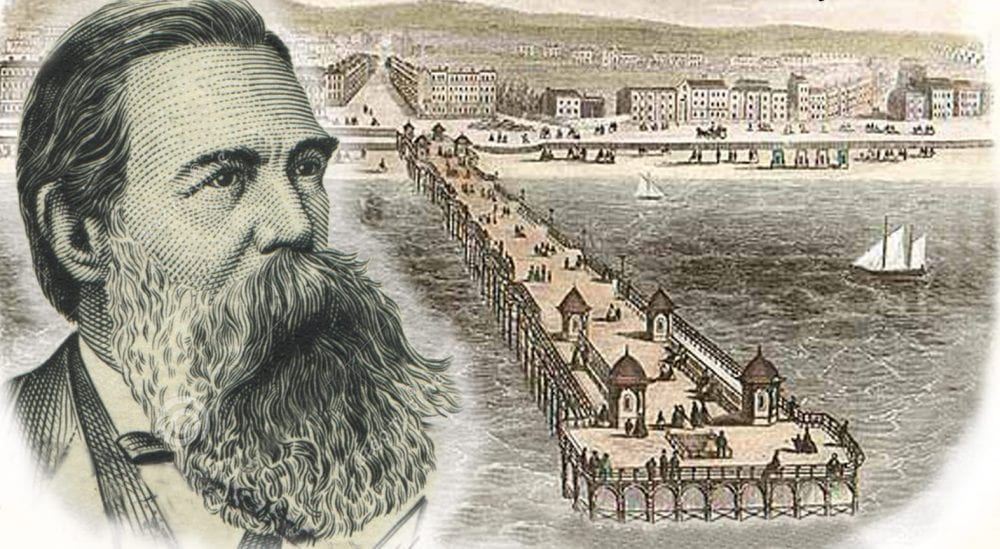Engels at 200 – From Historical Materialism conference, November 2020
With Michael Roberts and Camilla Royle
Engels and the Dialectics of Nature – Michael Roberts
Marx is often accused of what has been called a Promethean vision of human social organisation, namely that human beings, using their superior brains, knowledge and technical prowess, can and should impose their will on the rest of the planet or what is called ‘nature’ – for better or worse. On the 200th anniversary of his birth, Engels too must be saved from the same charge. Actually, Engels was well ahead of Marx (yet again) in connecting the destruction and damage to the environment that industrialisation was causing. Engels’ major work (written with Marx’s help), The Dialectics of Nature, written in the years up to 1883, just after Marx’s death, is often subject to attack as extending Marx’s materialist conception of history as applied to humans, into nature in a non-Marxist way. And yet, in his book, Engels could not be clearer on the dialectical relation between humans and nature. it’s time to revise the revisionists.
Engels and Ecology – The Urban Political Ecology of Friedrich Engels – Camilla Royle
This paper takes the 200th anniversary of Engels’s birth in November 1820 to rethink his contribution to what we might today call urban political ecology. Marxist thinkers within critical environmental geography, have long argued for a focus on the natural processes that constitute the urban environment, demonstrating how the urban is shaped by both social and ecological processes. Their approach is rooted in a dialectical rather than a mechanistic materialism. While some have cited Engels as an early advocate of these views, others – such as Neil Smith in Uneven Development – have been more critical of his views on nature, seeing them as representing a dualist approach alien to Marx’s understanding. This paper will address these debates by highlighting Engels’s work on housing conditions, air and water pollution as well as his writings on infectious disease pandemics of the time such as typhus and cholera. It will show how Engels’s approach to public health and his accusations of “social murder” perpetuated by the ruling class predates the analysis of structural violence developed by critical theorists of global health over a century later. It will suggest that Engels’s understanding of how capitalist social relations produced an urban environment detrimental to workers aligns with Marx’s views.
